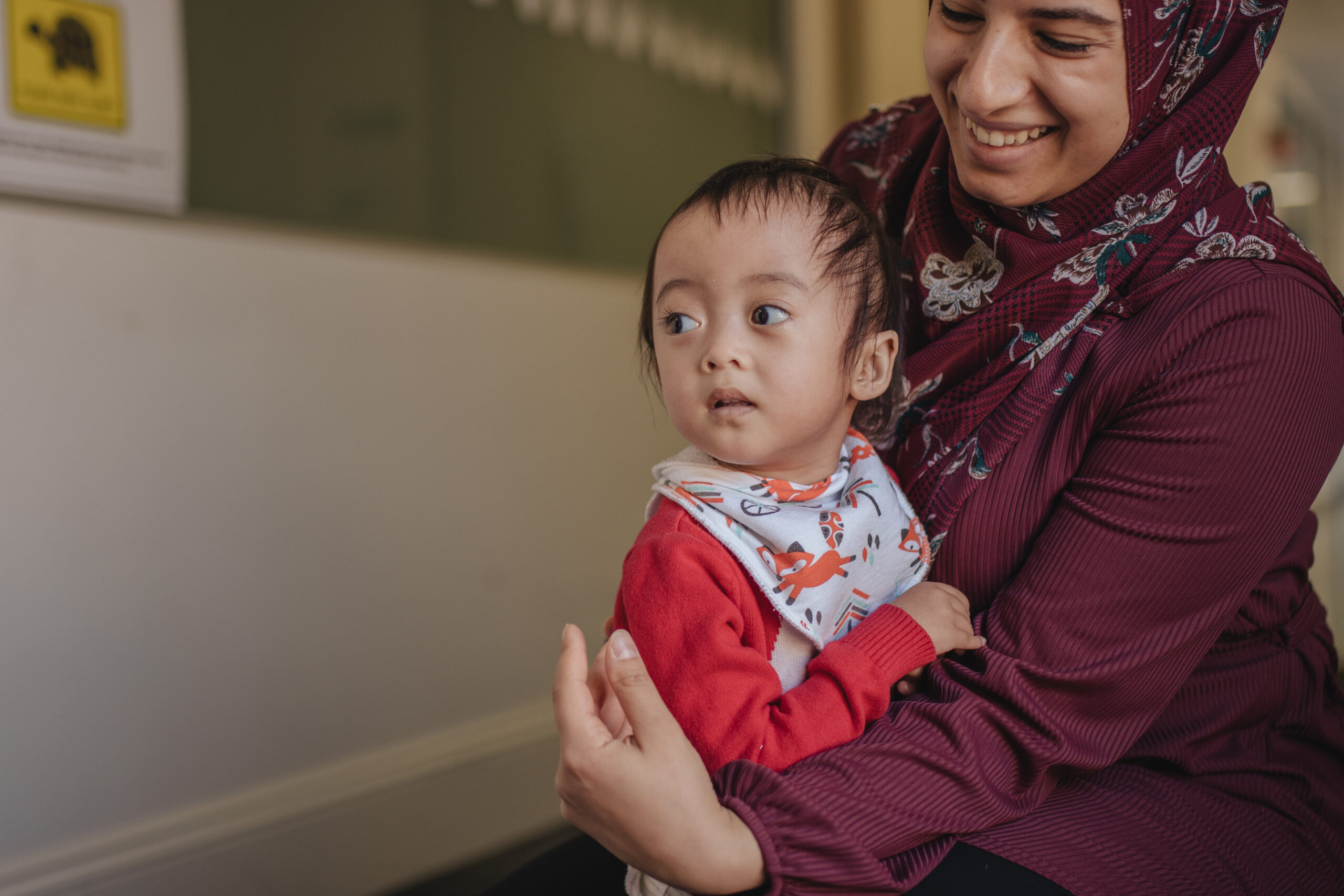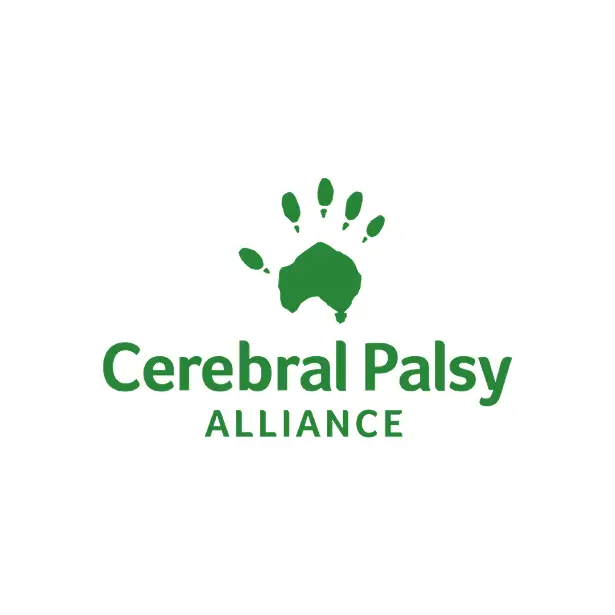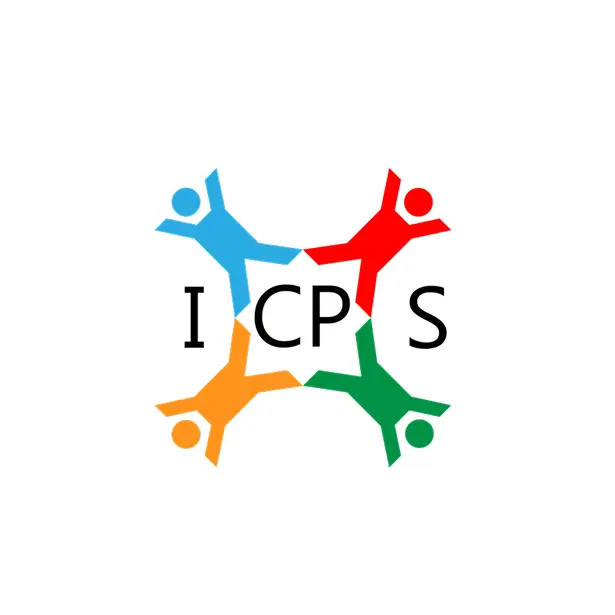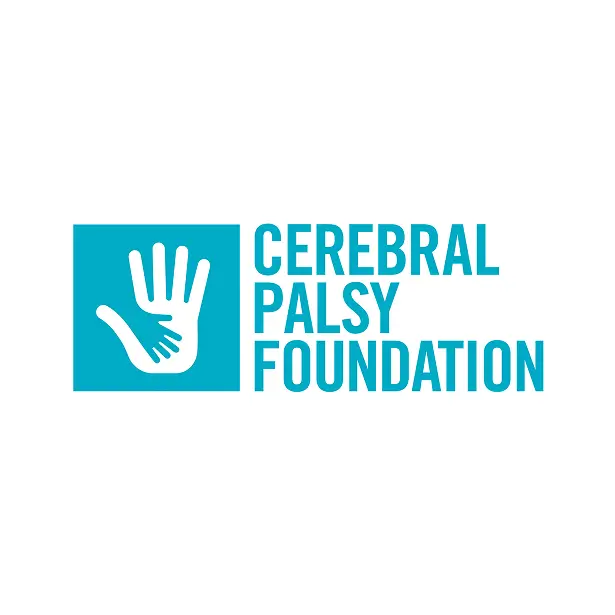Securing a bold new future, together.
CP360 is a bold new initiative accelerating global action for the 50 million people living with cerebral palsy.

Securing a bold new future, together.
CP360 is a bold new initiative accelerating global action for the 50 million people living with cerebral palsy.

A Future Where Everyone Can Thrive
Cerebral palsy is the most common lifelong physical disability globally1. Yet in many parts of the world, people with cerebral palsy remain hidden — in policy, data, healthcare, and daily life. Too often, people with cerebral palsy are isolated by inaccessible environments, limited support, and social stigma.
50 million people2 live with cerebral palsy worldwide and an estimated 350 million parents, caregivers and family members are directly affected.
85% of people with cerebral palsy worldwide live in low- and middle-income countries.
85% of cerebral palsy in low- and middle-income countries is potentially preventable.3
In many regions, diagnosis comes too late and there is no support at all.4
There is a need for more global data collection on the prevalence of cerebral palsy.
There is a need for scalable interventions for improved quality of life.
Now Is the Time to Scale What Works.
The cerebral palsy community – people with cerebral palsy, their families, researchers, and clinicians – has already created extraordinary change. Together, we have driven progress in awareness, diagnosis, treatment breakthroughs and inclusion, often with minimal resources and little systemic support. It’s time to shift from pockets of progress to coordinated global impact.

Why now?
The science and evidence exists, sector collaboration is at an all time high, and significant breakthroughs have been made, often with limited funding:
- International early screening and early intervention guidelines have been developed and are being adopted
- Cerebral palsy registers are active in 50+ countries and counting
- World Cerebral Palsy Day now reaches audiences in 70+ countries
- Cerebral palsy academies (i.e. professional member bodies) are growing around the world.
A small but growing and committed group has carried this work forward – without the scale, infrastructure, or investment that global health and development issues of this size typically require.

What we need now is a systemic, inter-governmental and coordinated approach
| Moving from | Moving to | |
|---|---|---|
| A fragmented global picture of cerebral palsy | → | Clear, current data on cerebral palsy – region by region, worldwide |
| Delayed or missed diagnoses | → | Earlier screening, diagnosis and rapid intervention, everywhere |
| Limited funding, and services | → | Coordinated investment and evidence-based services |
| Low collaboration at a systemic level | → | A connected, cross-sector community of partners |
| Inequitable access to support and care | → | Equitable systems that support every person with cerebral palsy to thrive |
The opportunity is now.
We have the tools, knowledge, and community to scale what works.
With better data, global collaboration, and greater commitment than ever before, we can shape a better future –for everyone living with cerebral palsy today, and for every child at risk or born with cerebral palsy tomorrow.
Introducing CP360
CP360 exists to address systemic gaps in care by connecting, accelerating, and elevating the global movement—so that every person with cerebral palsy everywhere, has the chance to thrive.
About the initiative
A first-of-its-kind initiative, CP360 is engaging governments, organisations, clinicians, researchers, and people with lived experience to put cerebral palsy into the global spotlight and drive long-overdue change.
From data to diagnosis, access and advocacy, CP360 is designed to spark collaboration and action where it’s needed most.
Strategic Pillars
Community
Draw insights and expertise from people with lived experience of CP
Influence
Partner with governments and decision-makers to shift policy
Knowledge
Share tools and evidence to inspire and empower local action
Collaboration
Unite a global network for lasting, community-led change.
Our ambitious roadmap
2025
●
Mobilising Global Commitment
CP360 partners hold a landmark event in Geneva with WHO member states and in New York at the UN, aiming to build collaboration and calling for the adoption of a World Health Assembly resolution on cerebral palsy.
2026
●
Global Recognition Achieved
Support global efforts toward a WHO resolution formally recognising cerebral palsy as a health and disability priority.
Mobilising support for Member States and partners to seek UN recognition of World Cerebral Palsy Day as an official global awareness day.
2027
●
Launching World-First Family Toolkit
A comprehensive, co-designed family toolkit is launched globally, supporting families with practical, culturally sensitive tools and training.
CP360 forms a new Global Taskforce on preventable causes of cerebral palsy, focusing on research, communication, and community-informed action.
2028
●
Establishing Global Standards of Care
Early identification and follow-up, as well as follow-up standards of care are endorsed by leading paediatric academies, driving alignment across health systems worldwide.
2029
●
Turning Policy into Impact
Regional action plans begin implementation, translating global commitment into local and national strategies.
2030
●
AI Screening for All
Launch an AI-powered early screening tool, accessible worldwide — removing barriers to timely diagnosis and care.
Help Secure a Bold New Future for Cerebral Palsy
CP360 is looking for partners ready to lead, amplify, and invest in lasting change. Whether you’re a frontline organisation, a funder, or a strategic ally, there’s a role for you.
Why partner with CP360?
- Stand with global leaders in disability inclusion
- Shape policy, campaigns, and tools
- Fuel systems change
- Gain early access to research and global insights
Let’s build a future where every person with CP has the chance to thrive.
Sign up for updates, connect with the CP360 team, and discover partnership opportunities — from upcoming campaigns to collaborative tools and advocacy efforts.
Register your interest
- Source: Peterson 2024 ↩︎
- Source: Cieza 2021 ↩︎
- Sources: Jahan 2021, Jahan 2019 ↩︎
- Sources: Al Imam 2021 , Jahan 2021 ↩︎


